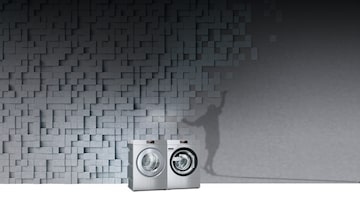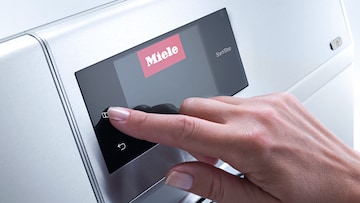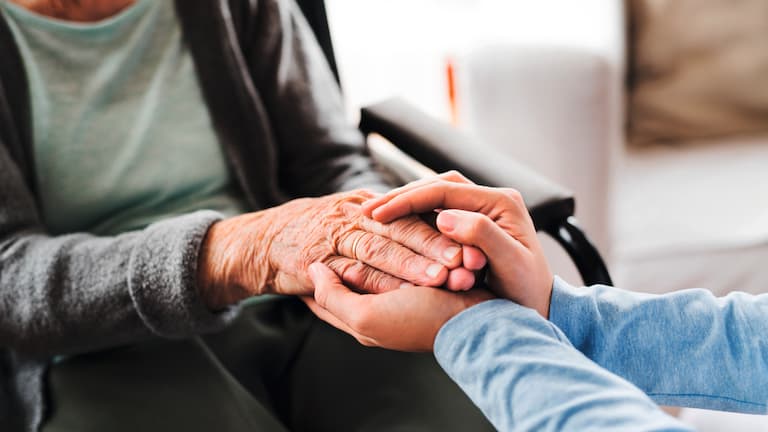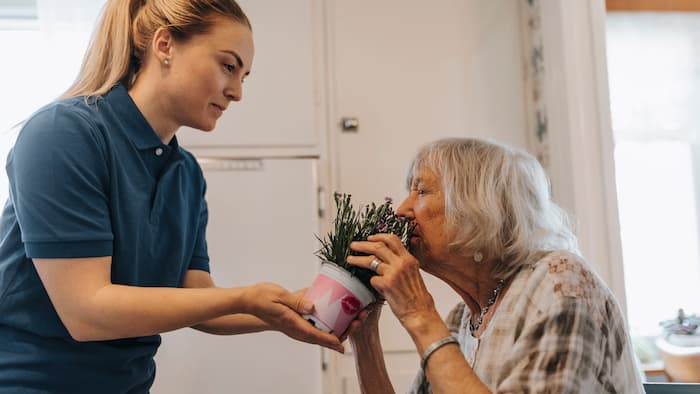
How digitalization can help improve quality of life in the care home
Enhanced communication and connectivity

One of the major problems experienced by residents is isolation. But thanks to digitalization, the challenge of communication with their loved ones is a thing of the past. Regular video calls through laptops, tablets and smart phones can help ease a resident’s emotions and make a person feel less lonely through platforms such as FaceTime and Skype. There are also apps like MessagEase Keyboard with can turn a residents texting keyboard into a non-QWERTY keyboard for ease of use. Whilst residents of today are learning to use this technology and might need assistance from care providers, future generations will likely be more tech-savvy and expect these types of digital tools to be commonplace in the care home.
Streamlined administrative processes

Technology can assist care home staff to ease administrative activities like scheduling, record keeping and stock management. Special software provides a whole host of benefits for care homes, such as the documentation & control. These types of advancements are going to bring greater efficiencies in the future, freeing-up care workers and easing the load on time-consuming tasks.
Personalized healthcare services
The progression of digitalization and its part in quality of life is expected to bring many benefits to the care industry. From having sensor systems that detect falls immediately to wearable devices that monitor health to environments that respond to voice commands. With more data available to help create a picture of a resident’s health, care providers will be better equipped to respond to their personal needs. Residents will also have more autonomy, especially in situations where the environment around them can be adapted to their needs with just a push of a button. The brightness of lighting, room temperature and even their favourite music can all be controlled via app-based technology such as Google Home, where you can connect multiple devices in one easy to navigate app.
Support for mental wellbeing

A residents’ mental health should always be a priority for care providers and requires just as much effort and thought as physical health does. Introducing and training residents on digital platforms such as apps that provide mindfulness exercises, meditations and virtual therapy sessions can be key to improving their mental health. This can also promote independence whilst helping to reduce stress, anxiety and manage depression leading to greater emotional wellbeing and resilience. Other technologies such as the use of robots in care homes can provide emotional support and companionship to residents as well as performing other important tasks such as medication alerts.
With digitalization already bringing many benefits to the care industry, advancements in the future will undoubtedly improve quality of life for the next generation of residents whilst creating greater efficiencies for care professionals. Care homes that embrace digitalisation, now and in the future, will be able to use this to their advantage to provide a more personalized level of care, an approach that is becoming increasingly demanded and expected.
- 1.Birdie - https://www.birdie.care/blog/person-centred-care-planning-software/
- 2.The New York Times - https://www.nytimes.com/2022/04/21/realestate/nursing-home-robots.html
- 3.Healthcare Digital - https://healthcare-digital.com/technology-and-ai/how-will-care-homes-look-future/











